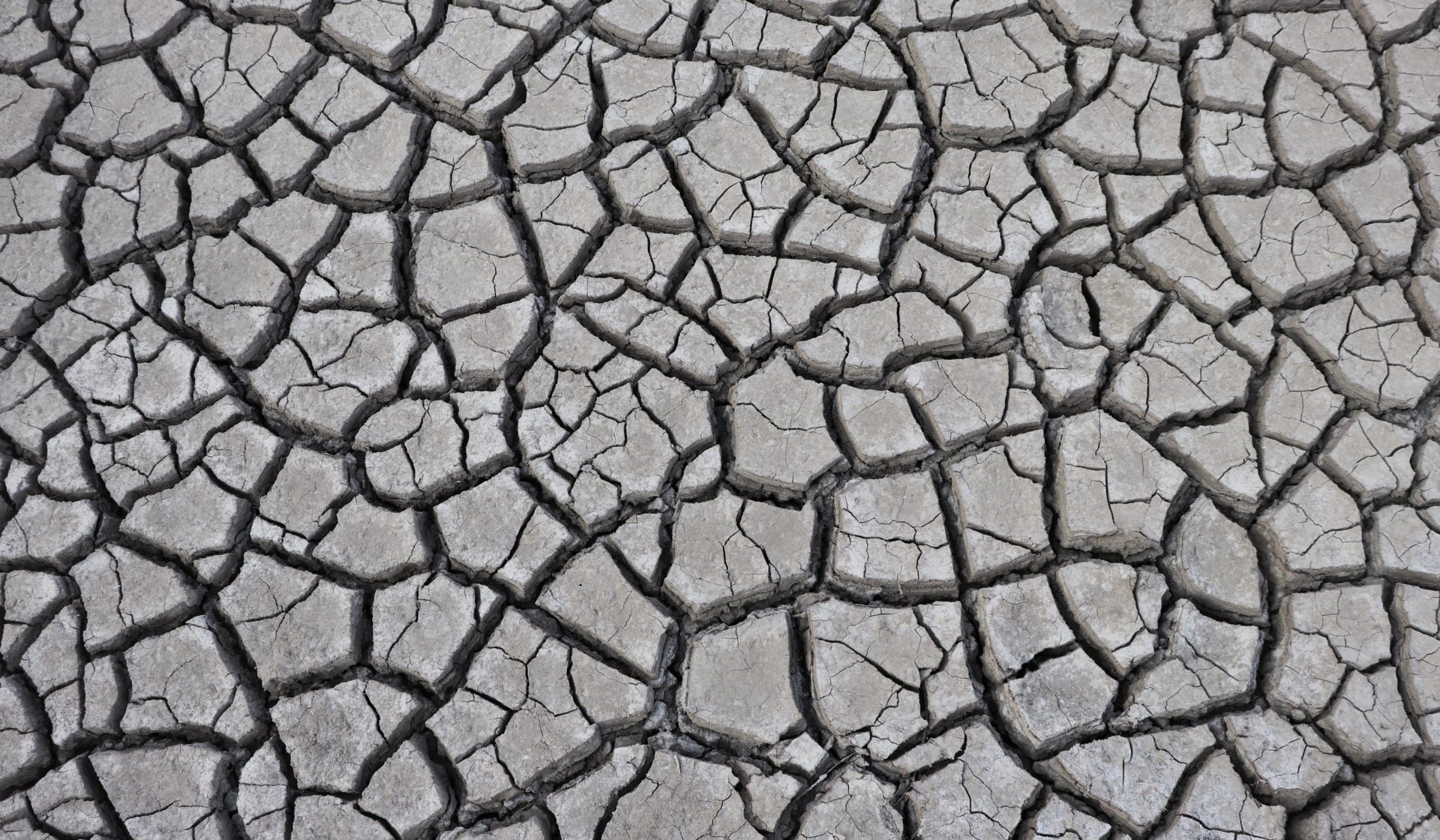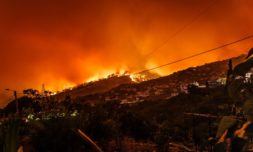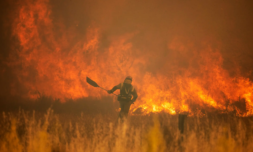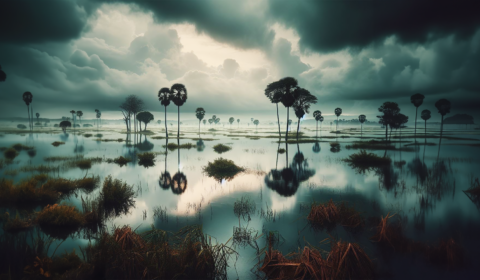This year, Europe has seen summers more blistering than ever before. A product of global heating, experts have warned that resulting water shortages are set to become ‘the new normal.’
Amid one of Europe’s driest summers in living memory and as several countries brace for yet another unprecedented heatwave, drought alerts have been issued for much of the continent.
The warnings come after reports that the record-breaking temperatures registered in July – reaching highs of 40°C+ in some cases – have taken a significant toll on the water reserves of nations ill-prepared for such extremes.
According to the European Drought Observatory, 45% of the entire region was already under ‘drought-watch’ when the first bout of unusually hot weather rolled around last month, with 15% on red alert.
In the weeks since, conditions have deteriorated, and the European Commission now deems the situation a critical one.
A powerful image of a Climate driven drought crisis#ClimateEmergency #drought pic.twitter.com/7uItriDBau
— Brian McHugh 🌏🏳️🌈 (@BrianMcHugh2011) August 8, 2022
In France, prime minister Élisabeth Borne was forced to activate a crisis when citizens in more than 100 municipalities were left requiring their water to be supplied by truck.
In Spain, where water reserves are falling at a rate of 1.5% a week through a combination of increased consumption and evaporation, domestic users are facing strict limitations.
And in Italy, the flow rate of its longest waterway (the parched River Po) has fallen to one-tenth of the usual figure, while its water level is two metres below normal.
As wildfires continue to ravage farmland, surface soil humidity remains all but non-existent, and heavy rainfall begins to feel like thing of the past (south east England alone has had 144 days with little or no rain so far), experts are stressing that these consequences of human driven climate change are set to become ‘the new normal.’
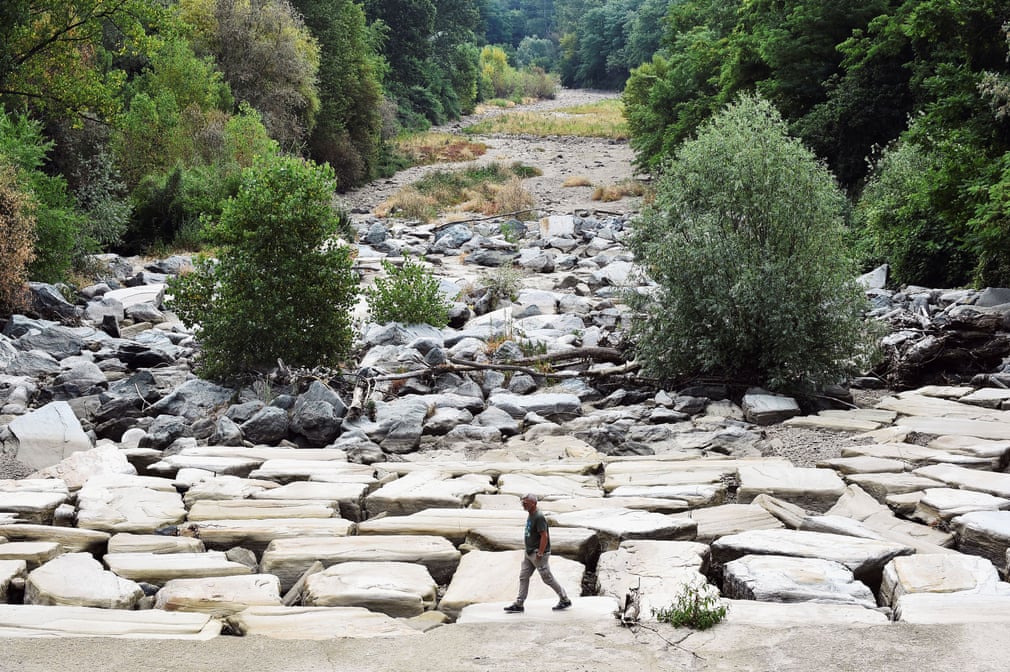

That the absence of running drinking water and the enforcement of restrictions including hosepipe and irrigation bans are here to stay.
‘We are going to have to get used to episodes of this type,’ says France’s Minister for Ecological Transition, Christophe Béchu. ‘Adaptation is no longer an option, it’s an obligation.’
Not only this, but unless governments around the world radically cut carbon emissions, ecological breakdown could soon mean that extreme heat events such as these will happen every two or three years as opposed to once a decade.
‘Climate change studies warn that droughts are going to be more intense, more frequent and longer,’ says co-founder of New Water Culture, Nuria Hernández-Mora. ‘This is going to be the new normal, and yet we continue to approve the increased use of a resource we don’t have and which is becoming scarcer.’









